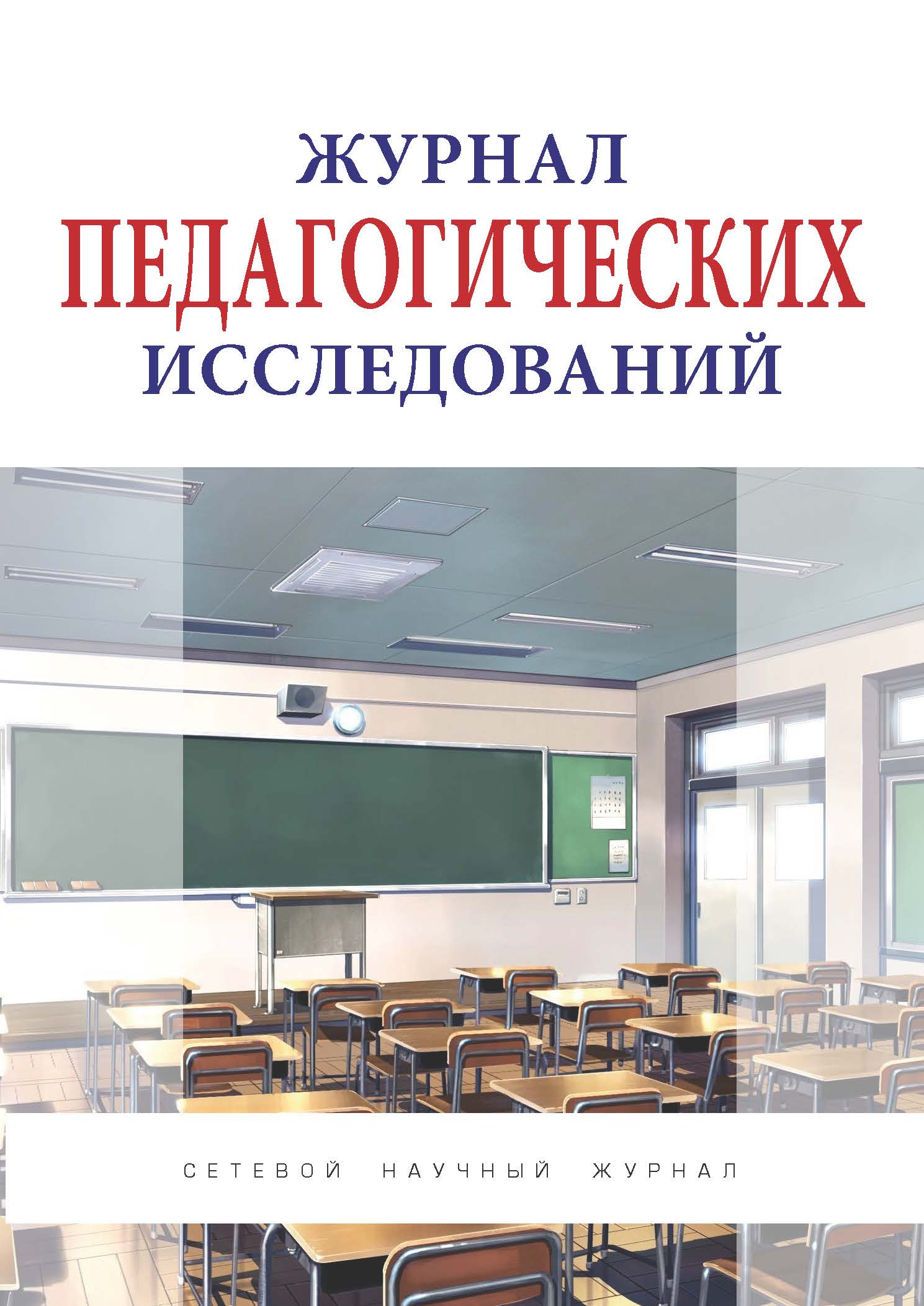Russian Federation
Russian Federation
Russian Federation
Krasnoyarsk, Krasnoyarsk, Russian Federation
UDC 372.851
UDC 37
The problem of the formation of universal educational cognitive actions among students with the risks of academic failure in mathematics is considered. Based on the analysis of the results of the All-Russian verification works and regional diagnostic works of students in grades 7-8 of the Krasnoyarsk Territory, a group of schoolchildren with risks of academic failure in mathematics was identified and problem points (deficits) of their cognitive actions were identified: basic logical, basic research, work with information. Effective methods and tools for the formation of selected actions in the process of teaching mathematics are described.
meta-subject educational results, students with risks of educational failure, universal educational cognitive actions, teaching mathematics.
1. Federal state educational standard of secondary general education (approved by order of the Ministry of Education and Science of the Russian Federation dated May 31, 2021 No. 287). [Electronic resource]. – URL: https://fgosreestr.ru/educational_standard (date of access: 06.28.2024).
2. Achieving meta-subject results within the framework of studying subjects of the mathematical block (basic general education): methodological recommendations / L.O. Roslova, E.E. Alekseeva, E. V. Butsko; edited by L.O. Roslova. – M.: FGBNU “Institute for Educational Development Strategy”, 2023. – 73 p.
3. Kutuzova O.B., Sorokina I.V. Cognitive universal educational actions as a factor in the academic success of students mastering subject content // Samara Scientific Bulletin. – 2022. – T. 11. – No. 3. – pp. 283–289. DOI:https://doi.org/10.55355/snv2022113310
4. Perevoshchikova E.N. Specifics of the formation of universal educational actions when teaching mathematics in primary school // Integration of Education. – 2015. – T. 19. – No. 2 (79). – pp. 81–91. DOI:https://doi.org/10.15507/Inted.079.019.201502.081
5. Bozhenkova L.I. Cognitive universal educational actions in teaching mathematics // Science and school. – 2016. – No. 1. – pp. 54 – 60.
6. Kim N.O. Formation and development of meta-subject competencies among high school students // Bulletin of Kemerovo State University. Series: Humanities and social sciences. – 2021. – T. 5. – No. 4. – pp. 287–294. https://doi.org/10.21603/2542-1840-2021-5-4-287-294
7. Antonijević R. Cognitive Activities in Solving Mathematical Tasks: The role of a Cognitive Obstacle // Eurasia Journal of Mathematics, Science and Technology Education. – 2016. – 12(9):2503-2515. DOIhttps://doi.org/10.12973/eurasia.2016.1306a
8. Sheromova T., Khuziakhmetov A., Kazinets V., Sizova Z., Buslaev S. & Borodianskaia Ekaterina. Learning Styles and Development of Cognitive Skills in Mathematics Learning // Eurasia Journal of Mathematics, Science and Technology Education. – 2020. – 16(11):em1895. DOI:https://doi.org/10.29333/ejmste/8538
9. Tsafe A. K. Effective mathematics learning through APOS theory by dint of cognitive abilities // Journal of Mathematics and Science Teacher. – 2024. – 4(2):em058. DOIhttps://doi.org/10.29333/mathsciteacher/14308
10. Novikova E.O., Vlasova I.N. Methods of information visualization as a means of forming meta-subject results when teaching mathematics in primary school // Bulletin of the Vyatka State University. – 2022. – No. 1 (143). – pp. 77 – 86. DOI:https://doi.org/10.25730/VSU.7606.22.009
11. Kurylchik D.I., Fedotenko I.L. Methods for the formation of cognitive universal educational actions in schoolchildren when studying mathematics // Humanitarian and social sciences. – 2022. – T. 94. – No. 5. – pp. 122-131. DOI:https://doi.org/10.18522/2070-1403-2022-94-5-122-131
12. Remezova L.A. Features of the formation and assessment of cognitive universal educational actions in an inclusive class / L.A. Remezova, N. I. Bukovtsova // Education and training of children with developmental disorders. – 2020. – No. 7. – pp. 31-40.
13. Prokhorova V.S. Zone of proximal development of universal educational actions of younger adolescents with disabilities // Current problems of psychological knowledge. – 2021. – No. 1-2(55). – pp. 90-96.
14. Skira E. Features of the formation of regulatory and cognitive basic educational actions in students with intellectual disabilities // Annali d'Italia. – 2022. – No. 34. – pp. 67-71. DOI:https://doi.org/10.5281/zenodo.7016762. – EDN BVEFVY
15. Methodological recommendations for the development of mechanisms for managing the quality of education [Electronic resource]. URL: https://fioco.ru/fioko-news/methodological-recommendations-and-evaluation-criteria-room-2022 (access date 06.26.2024)
16. Almost 30% of children in Russia do not master the required volume of the school curriculum [Electronic resource]. URL: https://www.mskagency.ru/materials/3095877 (access date 06.26.2024)
17. Tumasheva O.V., Shashkina M.B., Ayoshina E.A. Selection of pedagogical tools based on indicators of the effectiveness of methodological practices in teaching mathematics to primary school students with risks of educational failure // Pedagogy. Questions of theory and practice. – 2023. – T. 8, No. 7. – pp. 740-745. DOI:https://doi.org/10.30853/ped20230115.






